What is Copy Trading?
Copy Trading is a feature that empowers investors to replicate every trading move of other traders, essentially duplicating their performance on their personal accounts.
In this setup, investors simply need to open a personal trading account. Through the Copy Trading platform, they can seamlessly link their account to a designated trader. Utilizing the automated copying system provided by the platform, investors entrust the management of their accounts to a trusted trader (or multiple traders).
Any trading action executed by the investor being copied, whether it’s opening or closing trades, setting stop-loss and take-profit orders, etc., is mirrored in the copycat investor’s account at a predetermined ratio. Consequently, if the original account experiences losses or gains, the copycat account will similarly incur equivalent losses or gains, mirroring the performance of the copied account.
How Does Copy Trading Work?
Copy Trading connects your investment portfolio with the portfolio of the trader you are copying, based on a predetermined ratio. When you copy a trader, all the trades executed by the original account owner will be replicated in your account. Furthermore, all future trading actions will also be automatically copied to your account. You have control over how much you invest in each trader, typically not exceeding 20% of your total investment portfolio. This amount is calculated as a percentage of your total investment portfolio.
For example, if you decide to copy a trader with an investment of $1,000, and the original account has a total capital of $10,000 while your account has a total of $1,000, your investment is equivalent to 10% of the original account. If the original account owner makes a profitable trade and earns $5,000, you would earn $500 in profit (equivalent to 10% of the original account’s profit). In summary, there is a percentage ratio between the two accounts—the original account and the copy account—so the profit/loss amount is also calculated based on that percentage.
Note: Some websites employing automated Copy Trading systems may enforce a specific percentage ratio for your investment, so it’s crucial to carefully read the policies of the website before engaging in real-money trading.
Related: Trading with AZCoiner, an Excellent Opportunity to Seek Profits
Where is Copy Trading Safe for Investors?
To engage in Copy Trading, you need accounts on cryptocurrency exchanges. Below are the exchanges that AZC.News considers highly reputable in the cryptocurrency market:
-
Binance: Register here.
-
OKX: Register : https://www.binance.info/vi/activity/referral-entry/CPA/together?ref=CPA_00VC0U5CSL&utm_medium=navigator_share_image
-
BingX: Register : https://bingx.com/invite/CFL5W6
-
Bybit: Register :https://www.bybit.com/invite?ref=LOQQVN

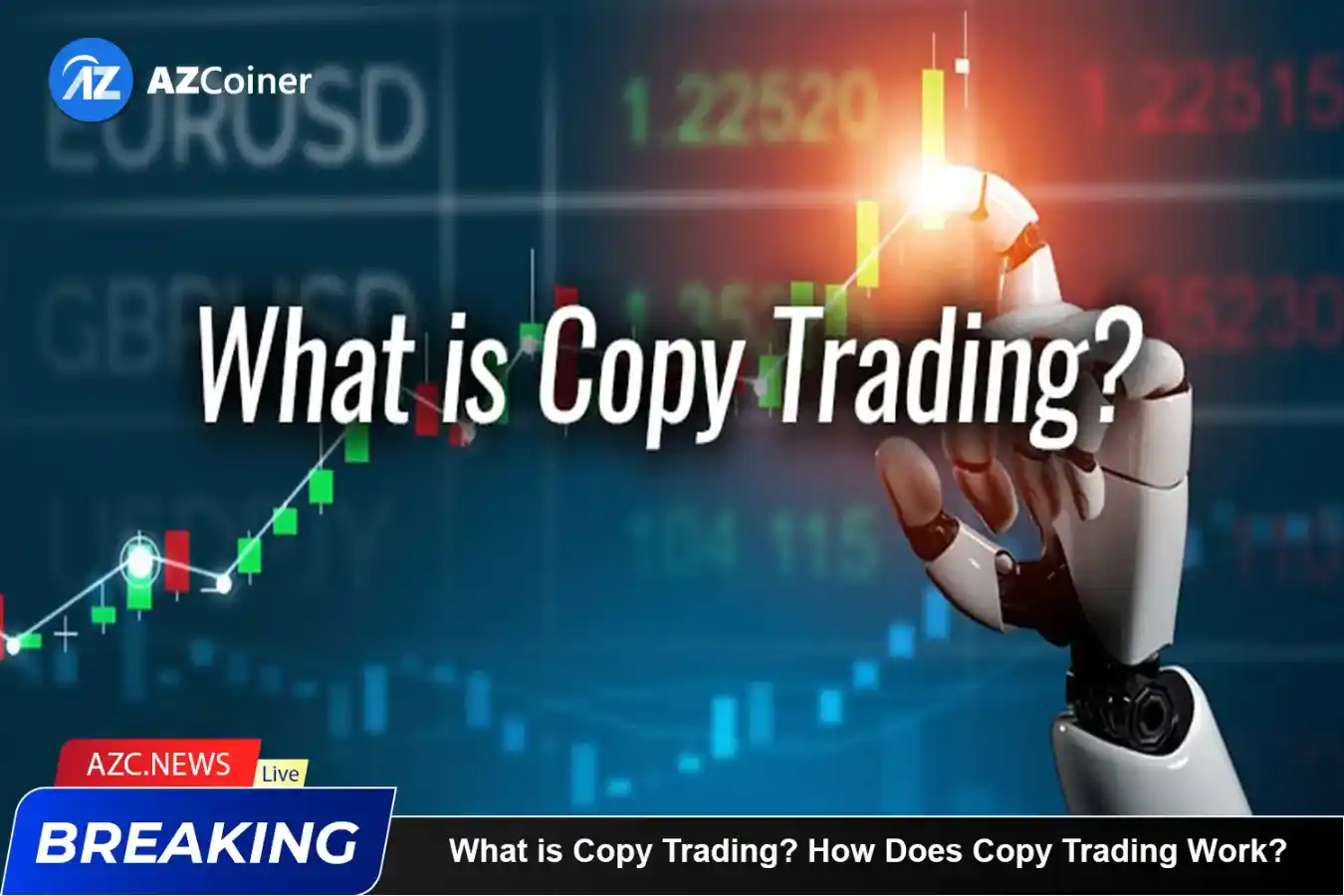
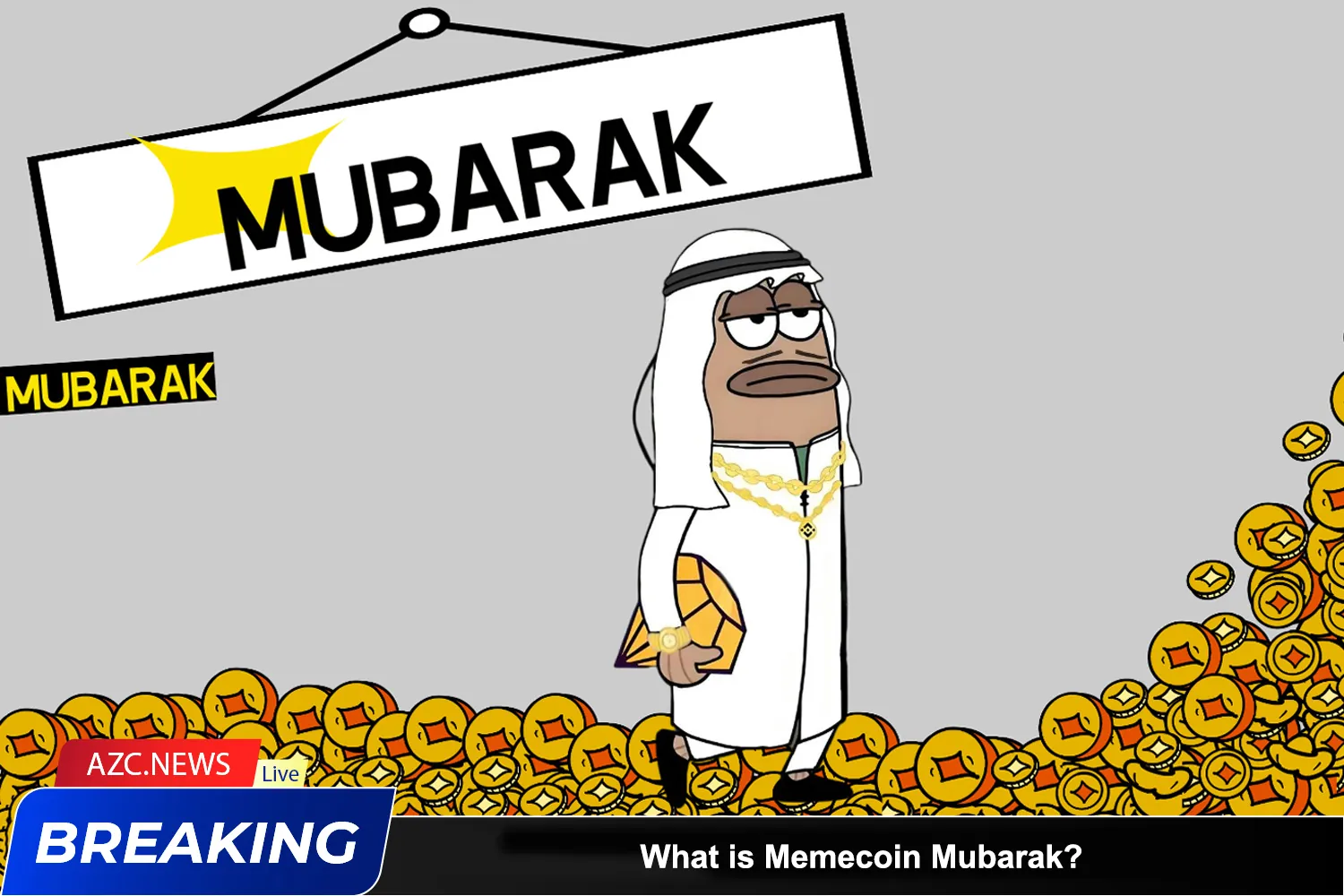

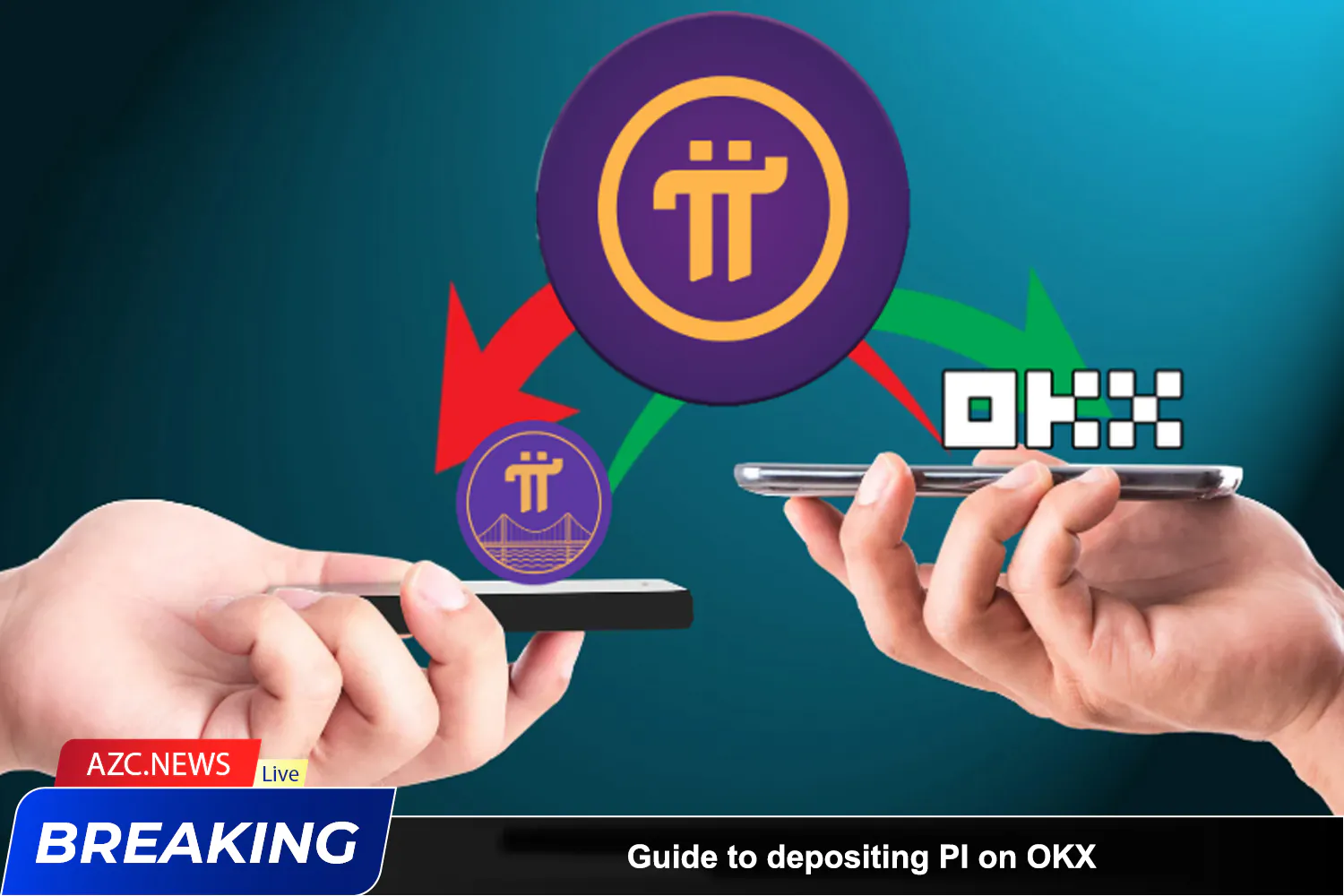
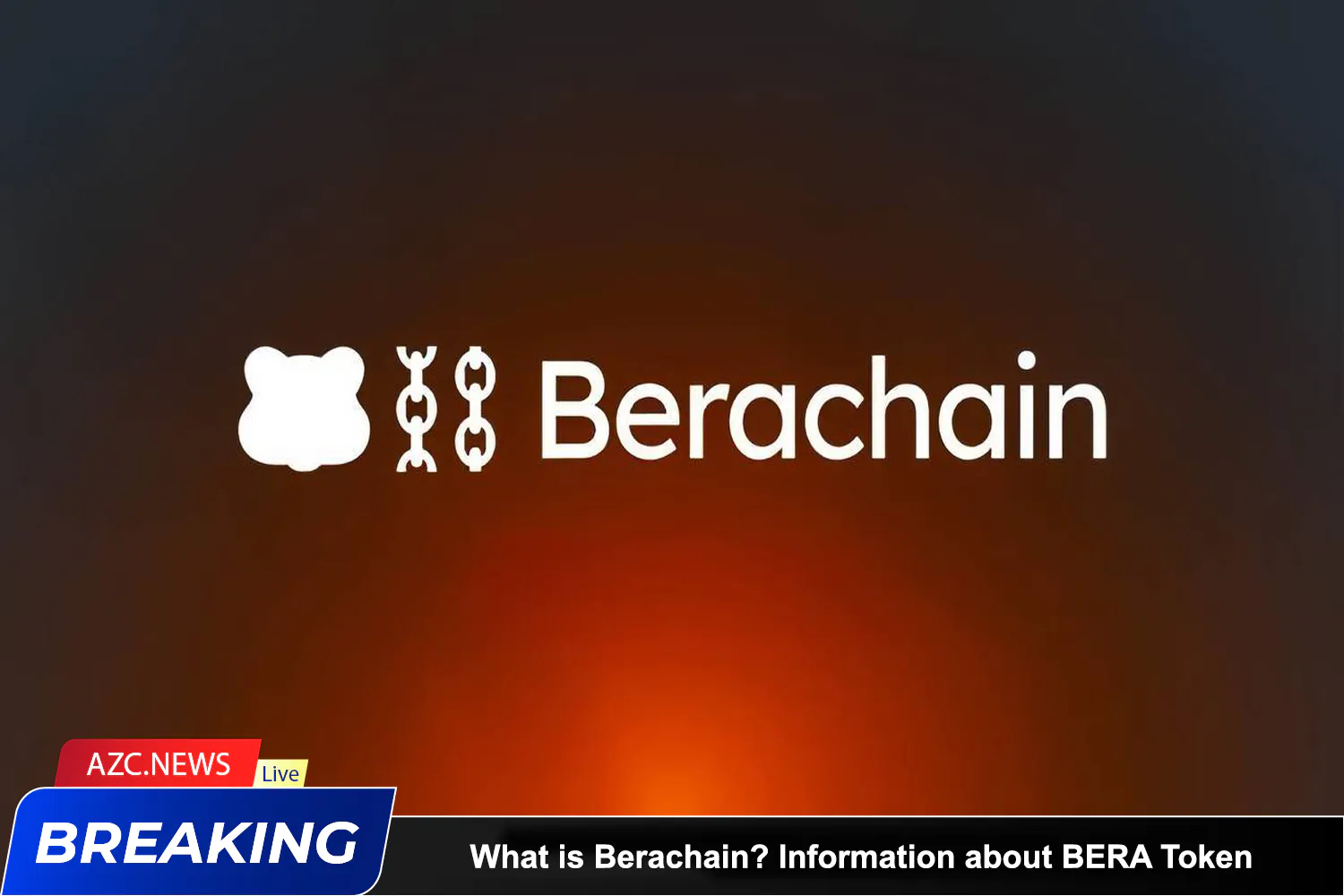
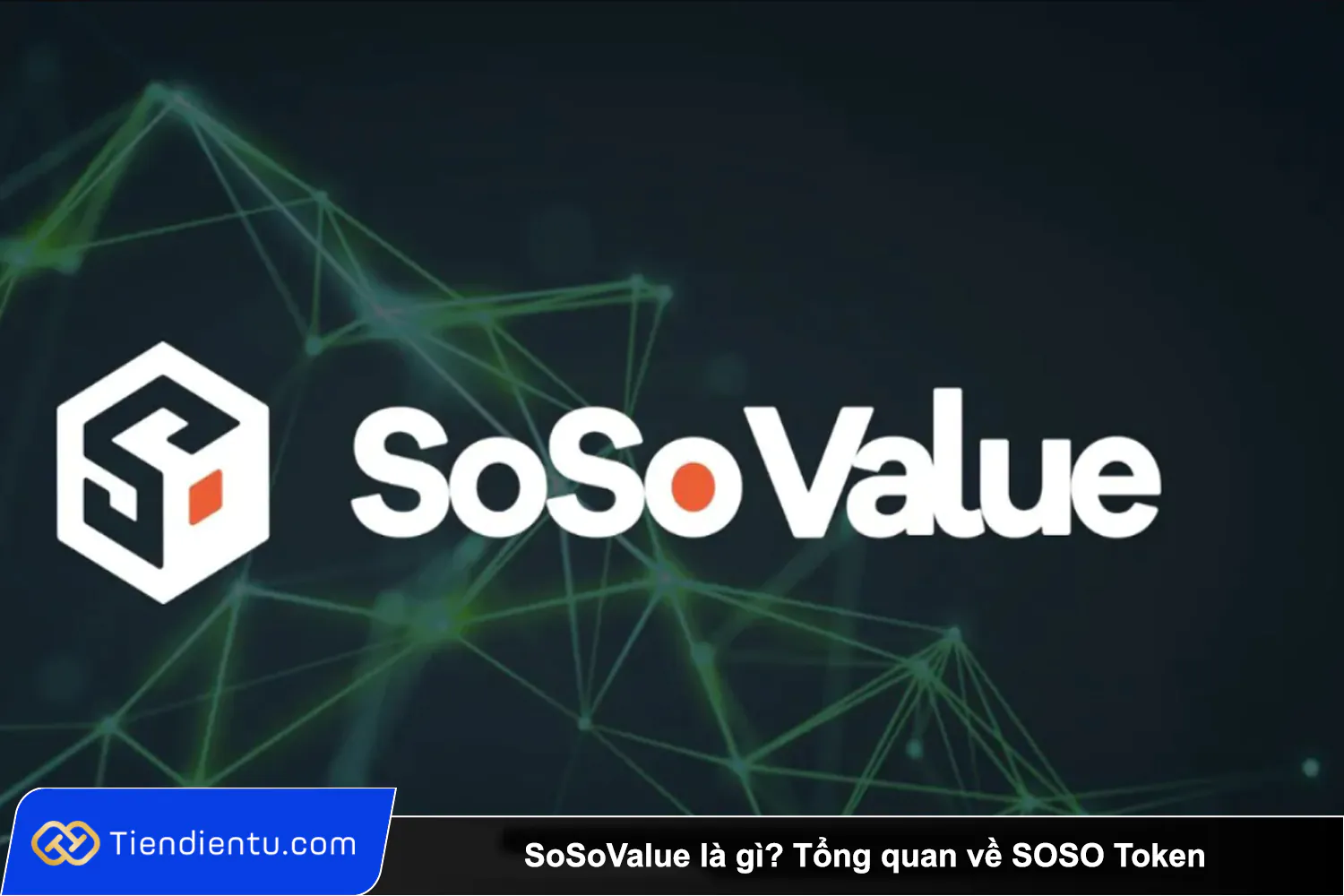

Your article helped me a lot, is there any more related content? Thanks!